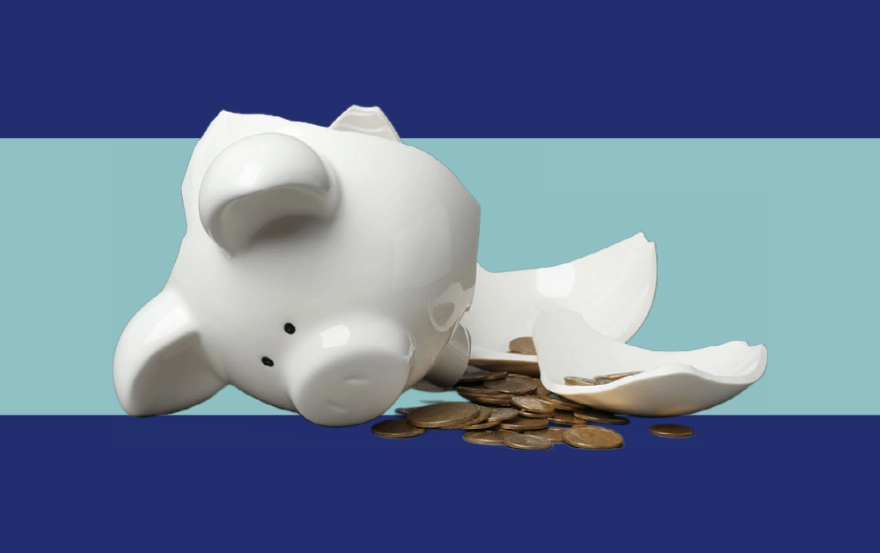CREDIT MATTERS – IMPACT OF INSOLVENCY
CREDIT MATTERS IMPACT OF INSOLVENCY We have to face the impact of insolvency on

We have to face the impact of insolvency on the economy – which business will ride the economic tide and which will sink?
Context is everything – uncertainty leads to fear which inevitably impacts all areas of business confidence. Economists widely agreed that the rebound from the Pandemic has already happened in the UK.
Economic volatility is the ‘norm’ not the exception as is slow economic growth, rising inflation and a likelihood of continued increases in insolvencies both by number and value. Whilst we can anticipate these factors it is difficult to predict when and how they will affect our businesses.
If we can’t predict it, how do we prevent it?
There are always going to be occasions where a company takes an ‘unexpected’ turn for the worst – like a CVA or Compulsory Liquidation – but there may be some tell-tale signs that your customer is in financial distress…
Signs of financial distress
Communication is key
When you identify financial distress your options are likely to be largely dependent on the value of the debt and your margin. If the debt is relatively low in value, or your margins are relatively high, you may want to consider some form of repayment schedule to give the customer the opportunity to resolve their cash flow problems.
Customers who are supported in this way and survive the financial ‘wobble’ are more likely to become loyal to the suppliers who supported them through the difficulties.
If the debt is relatively high, or your margins are tight, it may not be possible to extend payment terms. In those instances, the threat of legal action / instigating legal action may be your only recourse. In this case you should seek legal advice as soon after default as possible.
If you have Credit Insurance your options may be more flexible – we recommend discussing or seeking advice from your Broker as soon as you become aware.
If you wish to discuss any of the issues raised in this article, please don’t hesitate to get in touch.
CREDIT MATTERS IMPACT OF INSOLVENCY We have to face the impact of insolvency on
CREDIT MATTERS RECOVERY MECHANISMS As the country is rocked by soaring inflation, energy pricing
TIME TO TALK INTRODUCING LOUISE BYRNE To help you get to know the team
CREDIT MATTERS FRAUD PREVENTION Here we talk fraud prevention. Many clients are growing ever
TIME TO TALK INTRODUCING AMANDA VINCENT Let’s take a step back for a minute…